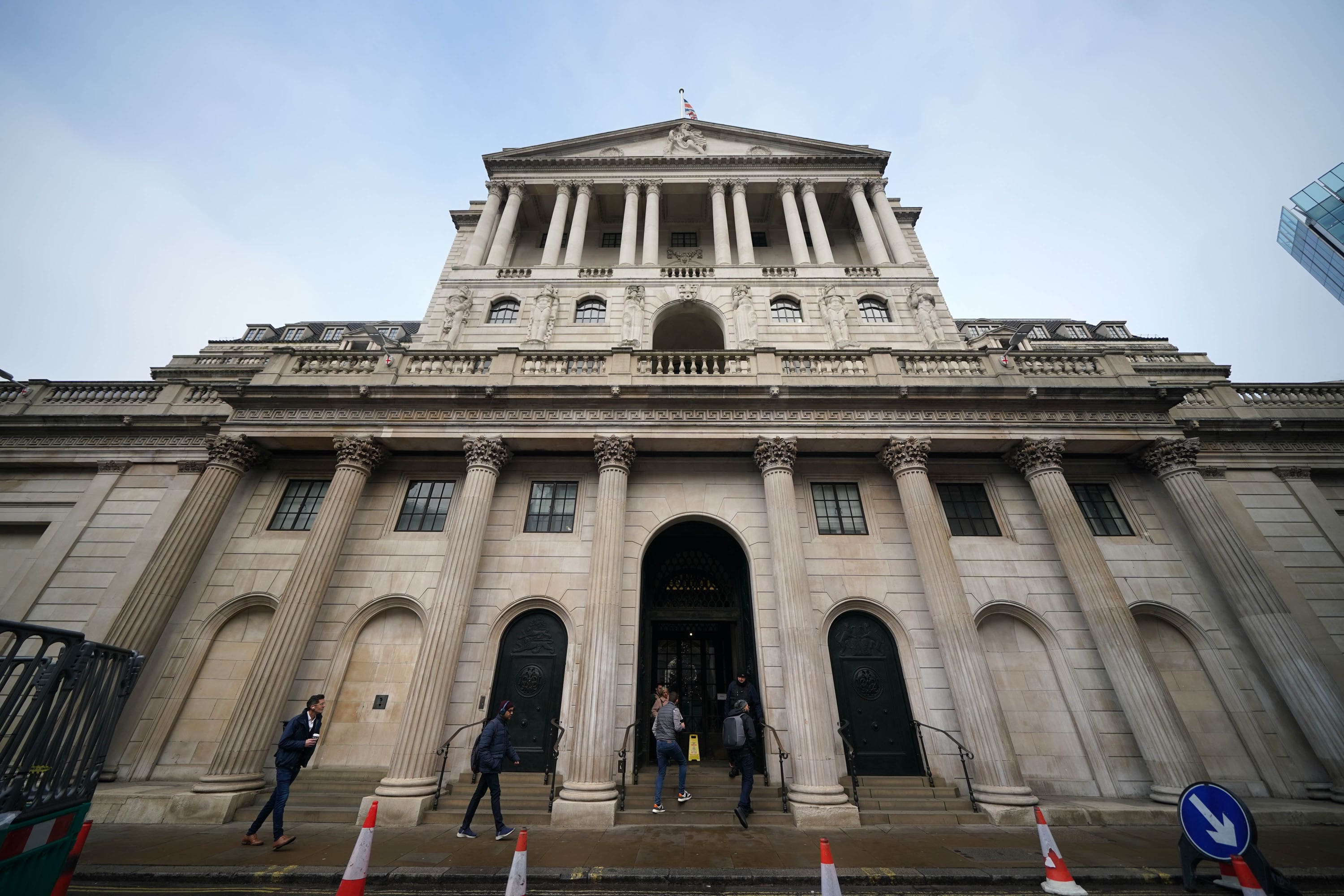Wage growth could still push inflation up, says BoE policymaker
Catherine Mann, who sits on the Monetary Policy Committee, said the Bank of England could be ‘looking at a problem for next year’ on inflation.

Your support helps us to tell the story
From reproductive rights to climate change to Big Tech, The Independent is on the ground when the story is developing. Whether it's investigating the financials of Elon Musk's pro-Trump PAC or producing our latest documentary, 'The A Word', which shines a light on the American women fighting for reproductive rights, we know how important it is to parse out the facts from the messaging.
At such a critical moment in US history, we need reporters on the ground. Your donation allows us to keep sending journalists to speak to both sides of the story.
The Independent is trusted by Americans across the entire political spectrum. And unlike many other quality news outlets, we choose not to lock Americans out of our reporting and analysis with paywalls. We believe quality journalism should be available to everyone, paid for by those who can afford it.
Your support makes all the difference.Catherine Mann, a rate setter at the Bank of England, has said the UK should not be “seduced” into thinking inflation will stay low over the coming year.
Ms Mann, an external member of the Bank’s Monetary Policy Committee (MPC), said she is concerned that inflation could rise again soon, despite the main measure falling to the Bank’s 2% target earlier this year.
Speaking to the Financial Times newspaper, Ms Mann pointed to survey evidence that suggests companies expect to increase wages and prices.
She said that indicates that she and other rate setters are “looking at a problem for next year.”
At the start of August, the Bank cut the base interest rate to 5%, a quarter point drop, after a year of high rates designed to curb inflation.
But it signalled a cautious tone on further cuts, and many economists believe rates will be kept unchanged when the committee next meets in September.
Ms Mann, a former OECD chief economist, was one of four policymakers who voted to leave rates unchanged at the last meeting, at 5.25%, a 16-year high.
“Inflation has come down but… we shouldn’t be seduced by headline inflation because of the role of energy and external aspects working through,” she said.
She was referring to a recent fall in energy prices, which some economists think has hidden persistent upward inflationary pressures elsewhere in the economy.
One of those pressures is wages. Some on the MPC still think strong wage growth will take longer to ease, meaning services price inflation will also stay high.
She said that in the latest round of annual pay deals, “some people at the bottom got quite a bit of an increase, rightfully so, but the ones above them didn’t. Which means next year they will”.
She added: “There is an upwards ratchet to both the wage setting process and the price process and . . . it may well be structural, having been created during this period of very high inflation over the last couple of years.”
“That ratchet up will take a long time to erode away.”
She said it could take “multiple years” for wages to reach workers’ expectations, adding: “There are a lot of vacancies, there’s a lot of desire to employ people and there don’t seem to be workers out there.”
Ms Mann was speaking ahead of several economic announcements in mid-August, including an update on jobs and wages, and on the headline rate of inflation.
She also suggested that recent volatility in global stock markets has the potential to add upward pressure to inflation, and that the Bank could be tempted to keep rates higher for longer as a result.
She said the volatility “has implications for our terminal (interest) rate. In my view, the terminal rate is higher because of an inflation premium that is associated with volatility in markets, especially volatility in inflation. So in that context, monetary policy is not as restrictive as you might think.”